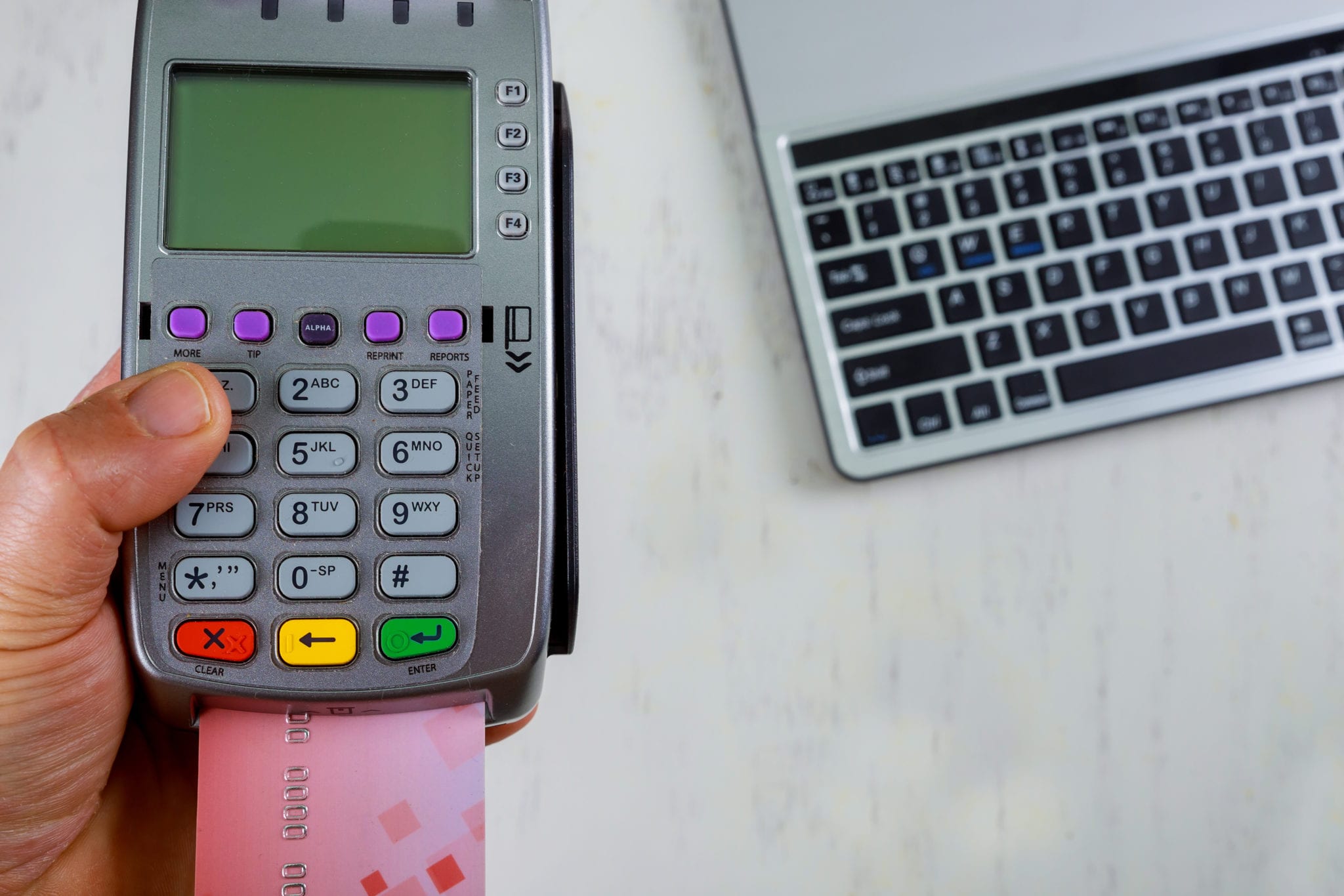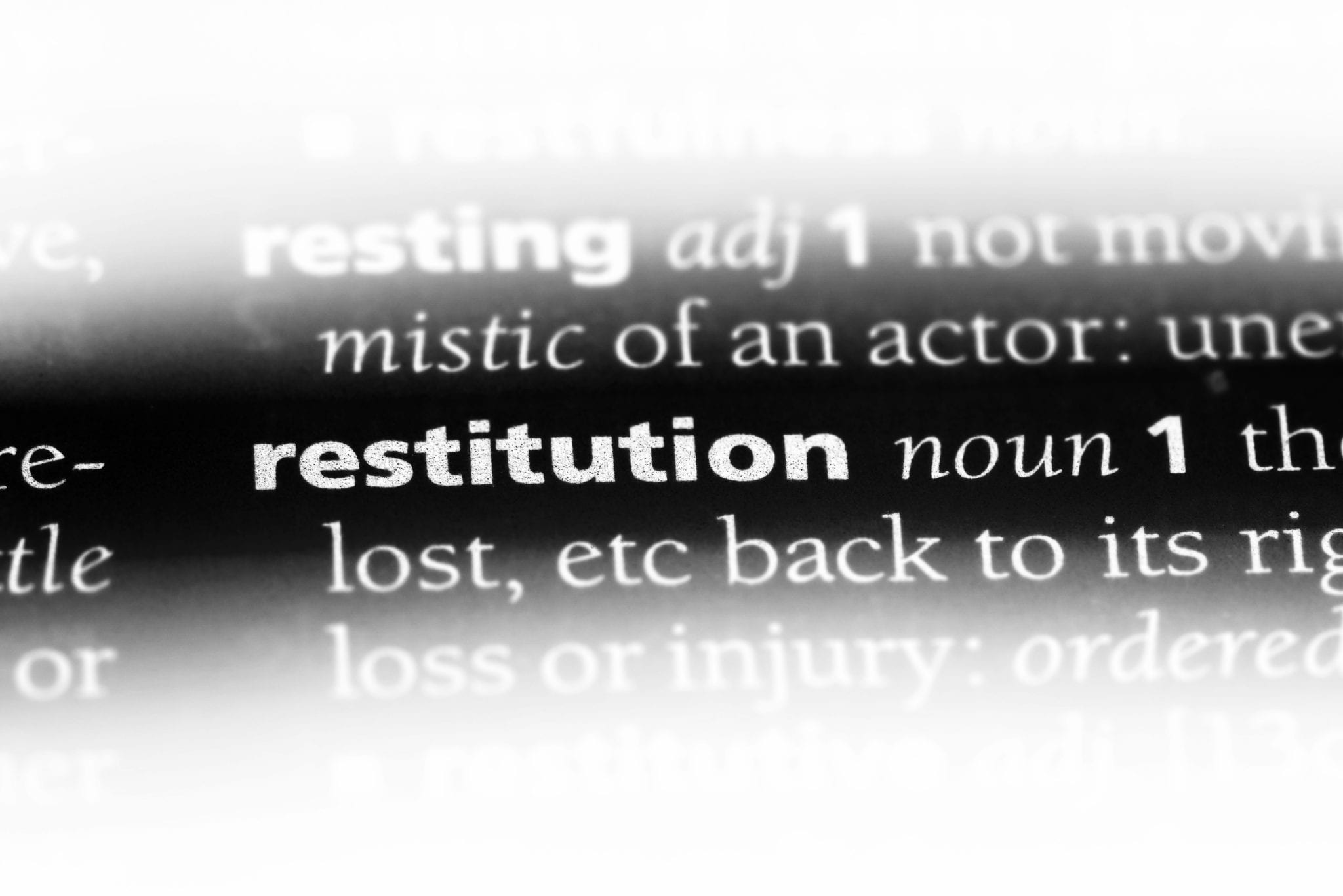Coronavirus is doing more than simply keep people at home, it’s also causing a heightened awareness about fraudulent credit card activity, and authorities are warning Colorado consumers about it.
Credit card fraud not only has a lasting impact on the lives of victims but perpetrators, too. Before you’re tempted to take advantage of the spike in online buying in the current haze of coronavirus panic, beware!
Understand what consumers are looking out for when it comes to fraudulent credit card activity, and the criminal charges and penalties you might face for committing credit card fraud.
Fraud Activity Consumers Have Been Warned to Watch For
There are several warning signs authorities are sharing with consumers regarding credit card fraud during this pandemic. They are being told to stay vigilant for these suspicious-looking activities:
Emails: Coronavirus Headlines, Hyperlinks, and Attachments
Many people are now completely paperless, receiving bills and statements right to their email inbox. Some fraudsters bet on the sheer volume of emails making it difficult to keep up. Right now, inboxes are being inundated with coronavirus updates from every retailer and service we have ever had an account or relationship with!
For this reason, the U.S. Cybersecurity and Infrastructure Security Agency recently issued an alert to warn consumers to be cautious of any email with coronavirus in the subject line, hyperlink, or attachment.
Charity Organizations: Sharing Financial Information
The tendency to give charitable donations during crises like these, coupled with just how easy it is to make an online contribution may seem like the perfect combination for a criminal’s skimming to go unnoticed.
However, authorities have recently reminded consumers to always verify the authenticity of a charity before making a credit card donation online. In fact, the Federal Trade Commission has posted a running list of charity scams.
The Definition of “Financial Device” May Land You Criminal Charges
In order to understand Colorado law surrounding fraudulent credit card activity, first, it’s vital to understand what a financial device is. It can be anything used to make monetary payments such as:
- A check
- A money order
- A credit card
- A debit card
- An electronic fund transfer card
- A guaranteed check card
- A share draft
- Negotiable order of withdrawal
Pretty wide definition already, yes? Well, the list doesn’t stop there.

A financial device is legally defined as any tool or device that can be used to acquire cash, property, credit, services, or another item of value. Think computer, phone, app, and any other way you might be able to access private financial information.
Suddenly there are countless charges you might end up facing depending on how you access money and information that doesn’t belong to you. Most of them involve card information.
Activities that Qualify as Credit Card Fraud in Colorado
Under Colorado law, there are two primary categories of credit card fraud: Identity theft and criminal possession of a financial device.
Elements of Identity Theft
There are two elements that must be proven in order for prosecutors to secure a credit card fraud conviction: unlawful possession and intent.
If someone knowingly uses or possesses any of the following without lawful authority or permission:
- Identifying financial information
- Financial devices
- Personal identifying information
And has the intent to do any of the following:
- obtain credit, services, cash, property, or other items of worth
- to apply for or complete an application for credit or another financial tool or device, or
- conduct a financial payment…
…then they may be found guilty of identity theft. Falsely altering, making, or completing a financial device or written instrument that contains identifying financial information of another person is also identity theft.
Criminal Possession of a Financial Device
Possession or control over any financial device that is known, or reasonably known, to be stolen delivered by mistake, or lost qualifies as criminal possession of a financial tool or device.
Penalties for Colorado Credit Card Fraud
Penalties for Colorado credit card fraud depends upon factors such as how many devices one has, how many victims, and the value of stolen money or information.
For example, those found guilty of criminal possession of a single financial device face a Class 1 misdemeanor. Criminal possession of two to three devices, however, is a Class 6 felony. More than four devices and at least two account holders? Plan on charges elevated to Class 5 felony.
Providing false information is also a punishable offense, even if nothing of value is obtained. This is punishable by fines of up to $3,000 and up to one year in jail.

Convictions of credit card crimes can result in anywhere from six months to twenty years in jail and fines reaching $100,000. There may be restitution fees owed to the victim or victims in the case as well.
So, before you decide to take advantage of the situation, think twice about what using this pandemic might cost you. Your way into Coloradoans’ personal and private financial information just may not be as lucrative as you think — especially when they’ve been warned to watch out!
About the Author:
Kimberly Diego is a criminal defense attorney in Denver practicing at The Law Office of Kimberly Diego. She obtained her undergraduate degree from Georgetown University and her law degree at the University of Colorado. She was named one of Super Lawyers’ “Rising Stars of 2012” and “Top 100 Trial Lawyers in Colorado” for 2012 and 2013 by The National Trial Lawyers. Both honors are limited to a small percentage of practicing attorneys in each state. She has also been recognized for her work in domestic violence cases.





